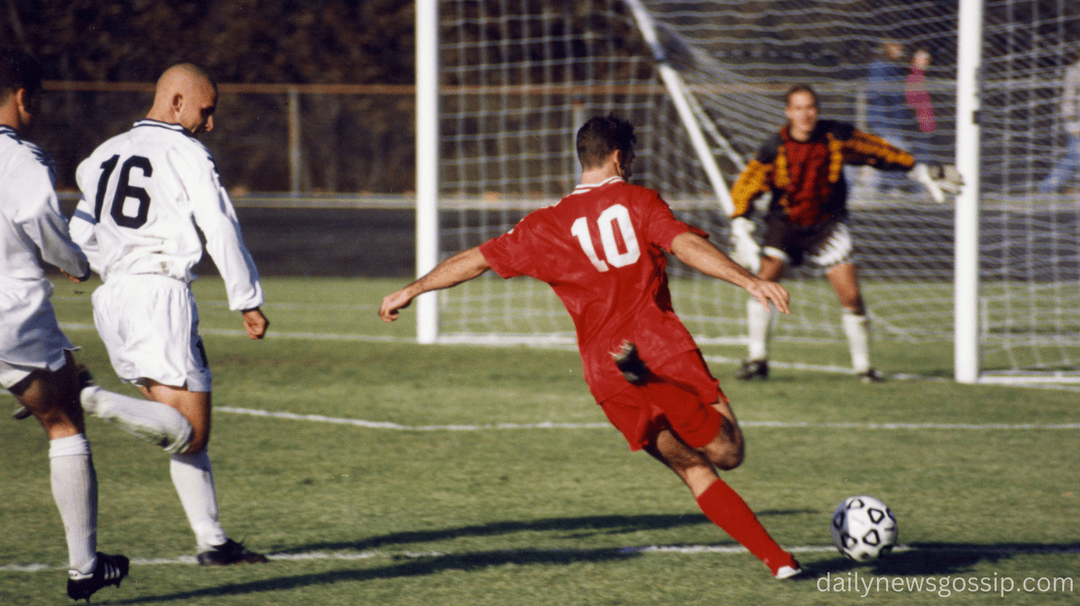An 18-year-old female footballer diagnosed with ADHD and learning difficulties has received a six-match ban for questioning whether some of her opponents were men.
Background of the Incident
This Case comes just months after another teenage player with suspected autism was reprimanded for similar remarks. The latest incident involved the 18-year-old questioning whether all the players were “eligible” to play and referring to a number 10 player as “obviously a man.” She is also said to have approached opposition players directly for clarification, citing concerns over the “extremely aggressive” playing style.
Football Association’s Transgender Policy and Its Implications
Under the Football Association’s rules, transgender women aged 16 or older are allowed to play in women’s football. The policy, which was introduced in 2007, is currently under review due to growing criticism. The charge against the teenager was brought under these same guidelines.
Panel Decision and Club’s Penalty
The National Serious Case Panel banned the teenager for six matches, with two games suspended. She was also required to complete an online education course. Her club received a penalty of seven disciplinary points, as reported by The Telegraph. The details of the panel’s decision have not been made public.
Similar Case Involving a 17-Year-Old
In November, a 17-year-old girl with suspected autism was banned for six matches after asking a transgender player if they were a man during a friendly game. The county FA charged her with “discrimination” after a complaint was made to Kick It Out, an anti-discrimination organization. The girl denied being transphobic and explained that her inquiry was made out of concern for safety due to the opponent’s physicality.
Legal and Cultural Perspectives on the Issue
Fiona McAnena, director of campaigns at Sex Matters, criticized the FA for suspending the teenage player for raising a safety concern. She argued that the question was essential for both safety and fairness in the game.
Former culture secretary Lucy Frazer has also voiced concerns, suggesting that transgender women should be banned from competing in women’s football to maintain fairness, citing similar debates in other sports like swimming and rowing.
Football Association’s Transgender Policy Details

The FA’s policy allows transgender women to compete in women’s football, provided their testosterone levels are within a specified range and hormone treatments are verified annually. However, no transgender women are currently competing at the professional level in any of the Home Nations.
Conclusion
The Case has sparked further debate over transgender participation in women’s sports, with some advocating for stricter policies to ensure fairness while others emphasize inclusivity and safety for all players.
Frequently Asked Questions
What caused the 18-year-old footballer’s ban?
She was banned for questioning the eligibility of her opponents, explicitly asking if some players were men, which led to accusations of discrimination.
Why did the 17-year-old girl receive a ban?
The girl was banned for asking a transgender player if they were a man, which was deemed discriminatory by the county FA.
What is the FA’s current policy on transgender players?
The FA allows transgender women aged 16 or older to compete in women’s football as long as their testosterone levels meet specific criteria.
How is the FA’s transgender policy being reviewed?
The policy is under review due to growing criticism, with some arguing that it gives transgender women a competitive advantage over cisgender women.
What was the outcome of the panel’s decision in the 18-year-old’s Case?
The teenager was banned for six matches, with two games suspended, and required to complete an online education course.
Has the transgender policy been applied to professional football?
No transgender women are currently playing in professional football or on the pathway to professional football in the Home Nations.
What did Fiona McAnena say about the 18-year-old’s ban?
She criticized the FA for suspending the player, questioned the presence of a male player, called it a safety concern, and advocated for fairness in women’s sports.
What do critics say about transgender women in women’s football?
Critics like Lucy Frazer argue that transgender women have a competitive advantage over cisgender women, which could be unfair in certain sports.


